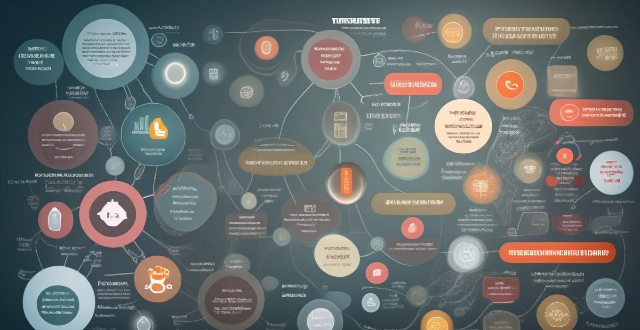Effective time management is crucial for productivity, yetEffective time management is crucial for productivity, yet leading to stress and ineff underestimating task time, multitasking, poor planning, not saying 'no', failing to take breaks, perfectionism, disorganization, and ignoring tools and techniques designed to improve time management. Recognizing these mistakes can help individuals improve their time management skills, leading to increased productivity, reduced stress, and better overall well-being.

Common Mistakes People Make in Time Management
Time management is a crucial skill that helps individuals achieve their goals efficiently. However, many people struggle with managing their time effectively, leading to stress and decreased productivity. Here are some common mistakes people make in time management:
1. Procrastination
- Defining Procrastination: The act of delaying tasks until the last possible moment or beyond.
- Consequences: Leads to rushed work, missed deadlines, and increased stress levels.
2. Lack of Prioritization
- Understanding Prioritization: The process of identifying and ranking tasks based on importance and urgency.
- Outcomes: Results in spending too much time on less important tasks, leaving critical tasks unfinished or hurriedly completed.
3. Underestimating Task Time
- Estimation Errors: Assuming tasks will take less time than they actually do.
- Impact: Can cause overlapping commitments and an inability to meet deadlines.
4. Multitasking
- The Myth of Multitasking: Believing that working on multiple tasks simultaneously increases efficiency.
- Effects: Typically reduces focus and increases the time needed to complete each task.
5. Poor Planning
- Planning Pitfalls: Failing to plan out tasks and schedules adequately.
- Repercussions: Leads to confusion, wasted time, and missed opportunities.
6. Not Saying 'No'
- Overcommitment Issues: Taking on more responsibilities than one can handle.
- Outcome: Can lead to overwhelm, burnout, and subpar performance across all commitments.
7. Failing to Take Breaks
- Importance of Breaks: Ensuring rest periods to recharge and maintain focus.
- Repercussions of Skipping Breaks: Can result in fatigue, reduced concentration, and decreased productivity.
8. Perfectionism
- Striving for Perfection: Spending excessive amounts of time on tasks trying to achieve perfection.
- Consequences: Often leads to delays, missed deadlines, and frustration.
9. Disorganization
- Challenges of Disorganization: Lack of clear systems for storing and accessing information.
- Effects: Wastes time searching for documents or misplaced items.
10. Ignoring Tools and Techniques
- Resistance to Tools: Not utilizing available tools and techniques designed to improve time management.
- Outcome: Missed opportunities for increased efficiency and effectiveness.
By recognizing these common mistakes, individuals can take steps to improve their time management skills, leading to increased productivity, reduced stress, and better overall well-being.